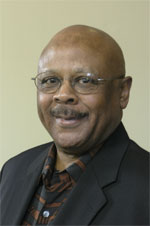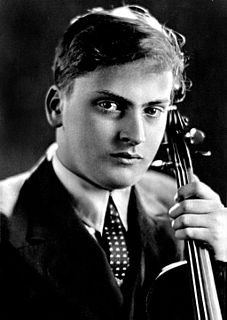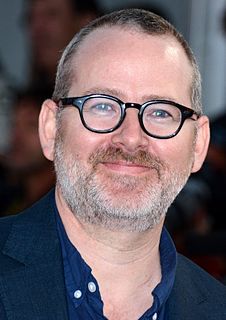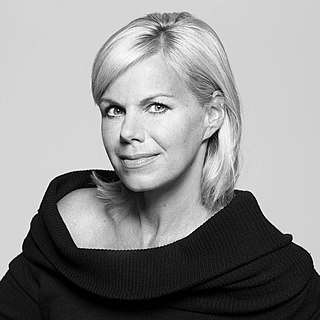A Quote by Ellen Willis
To say that historical conditions made personal life possible, and with it the self-consciousness that allowed psychoanalysis to emerge, is to tell half the story: one also has to consider that the erotic impulse, ever pressing for satisfaction, had something to do with making the history that encouraged its expression.
Related Quotes
Memoirists, unlike fiction writers, do not really want to 'tell a story.' They want to tell it all - the all of personal experience, of consciousness itself. That includes a story, but also the whole expanding universe of sensation and thought ... Memoirists wish to tell their mind. Not their story.
To regard such a positive mental science [psychology] as rising above the sphere of history, and establishing the permanent and unchanging laws of human nature, is therefore possible only to a person who mistakes the transient conditions of a certain historical age for the permanent conditions of human life.
I consider morals and aesthetics one and the same, for they cover only one impulse, one drive inherent in our consciousness - to bring our life and all our actions into a satisfactory relationship with the events of the world as our consciousness wants it to be, in harmony with our life and according to the laws of consciousness itself.
People say that you always have to tell the truth. But they do not mean this because you are not allowed to tell old people that they are old and you are not allowed to tell people if they smell funny or if a grown-up has made a fart. And you are not allowed to say, 'I don't like you,' unless that person has been horrible to you.
We are living in a world where the individual must learn to command the raw materials of expression. He must not be dependent all the time on the ready-made, the finished product. It's the transferring, the changing of the raw into what is the expression of your own self – the whole joy and satisfaction and frustration of life is built into this.
I'm a very free woman, and maybe freedom is erotic in that way. Maybe it's conceived of as something dangerous, and dangerous - in that creative and wild way - is sensuous and erotic. For me it's more about making what I feel, but there's always a reason, a level of integrity and classical expression in what I do.
Slavery is the most insane thing... I don't know that we've ever seen in history, but it's got to be close. The idea of slavery is such a base impulse. It's like, "I'm going to kidnap you and then you're going to do everything I want." Like, what? And then there's the historical aspect. It had a huge effect on human history.
My life after childhood has two main stories: the story of the hustler and the story of the rapper, and the two overlap as much as they diverge. I was on the streets for more than half of my life from the time I was thirteen years old. People sometimes say that now I'm so far away from that life - now that I've got businesses and Grammys and magazine covers - that I have no right to rap about it. But how distant is the story of your own life ever going to be? The feelings I had during that part of my life were burned into me like a brand. It was life during wartime.






































